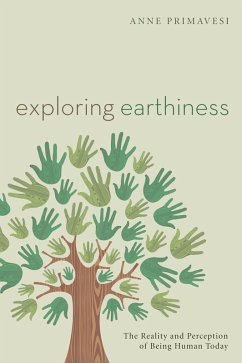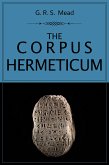If we see ourselves as Earth rather than Earth as existing for us our perspective is transformed. A variety of religious, philosophical, cultural, and political self-perceptions that dominate our sense of human identity are deeply challenged by this shift in perspective. John Locke's doctrine of Earth as human "property" has been central to current presuppositions about our selves: justified on the grounds of our possessing unique, divinely bestowed, rational abilities. But today, the effects of that doctrine on Earth's resource base and on its other-than-human creatures directly challenge such assumptions. At the same time contemporary scientific findings about the evolution of earthly life demonstrate that while we belong to Earth and nowhere else, Earth does not belong to us. Exploring this role reversal raises fundamental questions about current theological, philosophical, scientific, and economic presuppositions that underpin the "business as usual" viewpoint and human-centered aims of contemporary policies and lifestyles. It takes us beyond hierarchical Christian and philosophical doctrines toward a deeper, Earth-focused and peace-based understanding of what it means to be human today.
Dieser Download kann aus rechtlichen Gründen nur mit Rechnungsadresse in A, D ausgeliefert werden.


